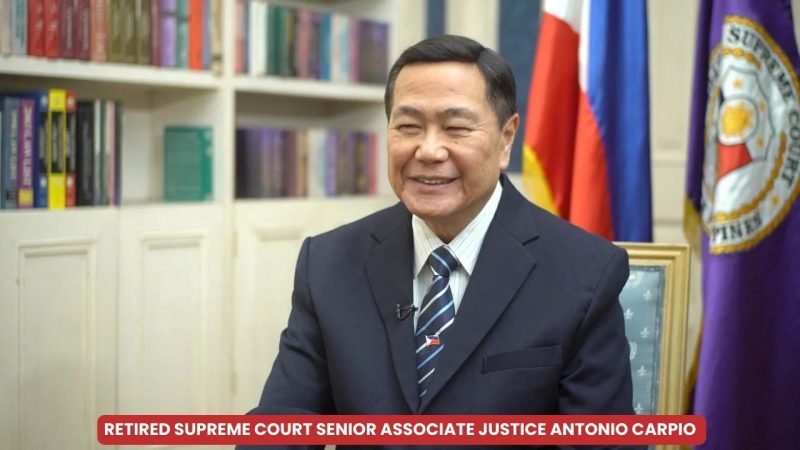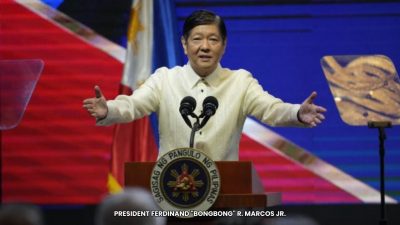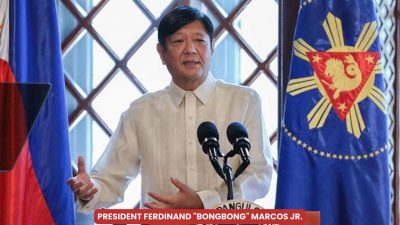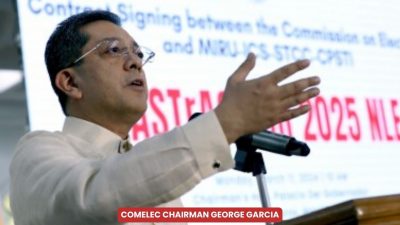By Junex Doronio
MANILA — It’s not the “restrictive” economic provisions in the 1987 Constitution that cause low foreign direct investments (FDIs) in the Philippines but the high cost of power, bureaucracy, and infrastructure.
This was revealed on Monday (12 Feb 2024) by retired Supreme Court (SC) Senior Associate Justice Antonio Carpio who pointed out that the Philippines has the highest power rate in the ASEAN region and second to the highest power rate in Asia next to Japan.
“We have to address the real causes. The real cause is not the Constitution. Nobody cares. The President has been going abroad and has been saying, ‘I have secured almost P500 billion in foreign investment’ and not one of those foreigners who plan to invest here required an amendment to our Constitution,” Carpio declared during the continuation of the Senate Subcommittee on Constitutional Amendments and Revision of Codes hearing on Resolution of Both Houses 6.
RBH 6 which seeks to lift the 40% restriction on foreign ownership in advertising, education, and public utilities, is still under deliberation by the Senate.
Carpio cited the high cost of power that tends to discourage foreign investors.
“In manufacturing, energy accounts for at least 30 percent of your cost and if you locate your plant here in the Philippines, you cannot compete with your competitor in Vietnam because they have lower power rates. They will never come here in the Philippines,” he said.
On the other hand, Carpio said foreign investors would need to get permits from the barangay, mayor, national agencies, and specialized regulatory bodies in the Philippines.
He noted that in China and Vietnam, foreign investors would only need to go to one office to secure the necessary documents.
Carpio said that even without amending the 1987 Constitution, the Philippines has passed several laws to open the economy to 100% foreign ownership, particularly the recently amended Public Services Act, and Retail Trade Liberalization Act.
He told the august body that the Philippines has one of the most liberal foreign investment laws in the ASEAN and Asia.
“There appears to be a lack of understanding by our national leaders of the extent of foreign ownership under the law of businesses in our country,” the retired SC Justice said.
Carpio also said the Department of Justice (DOJ) and the Department of Energy (DOE) under the Marcos Jr. administration have recently allowed 100% ownership of power generation from solar and wind through a “mere implementing guideline.”
(el Amigo/MNM)







